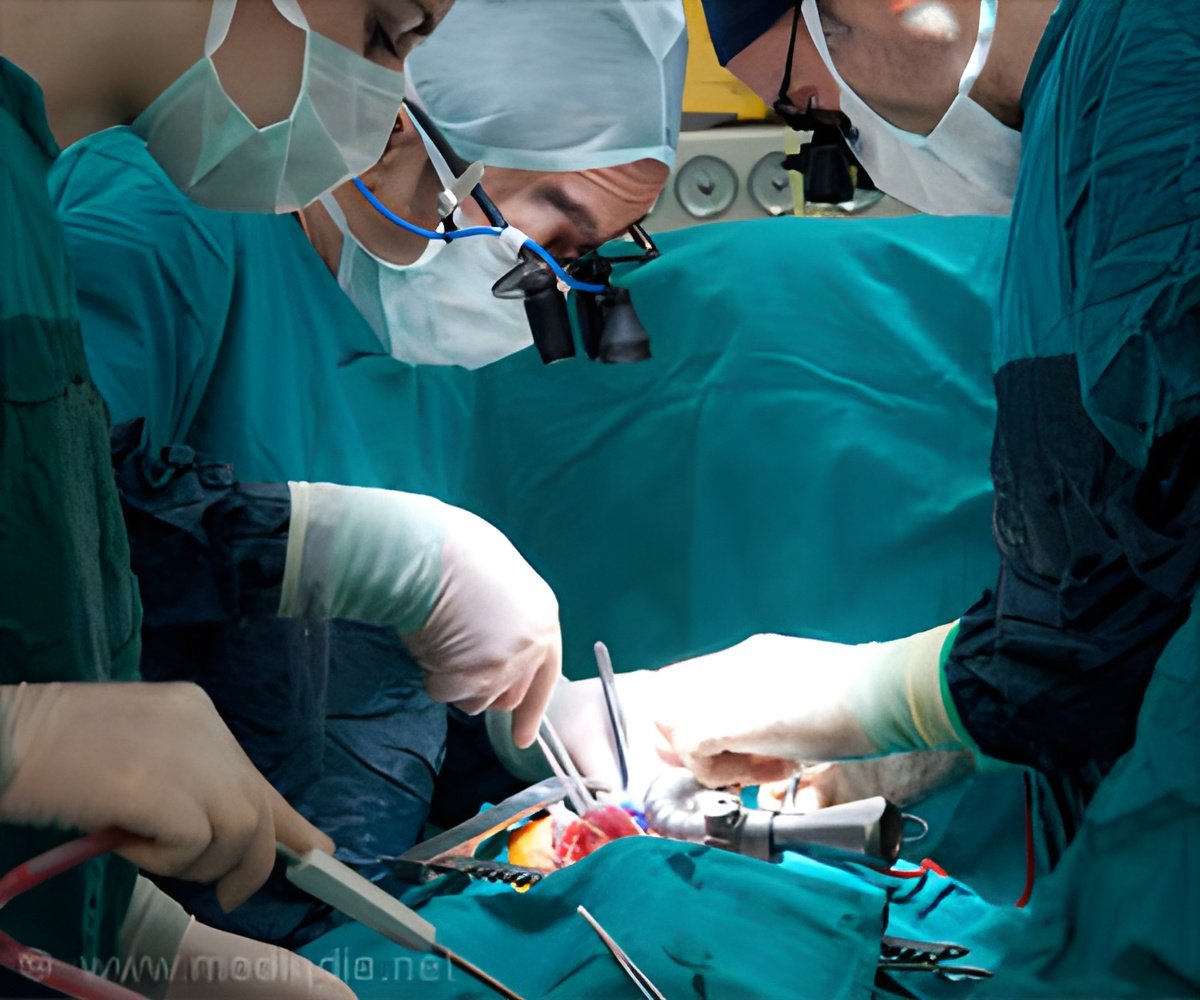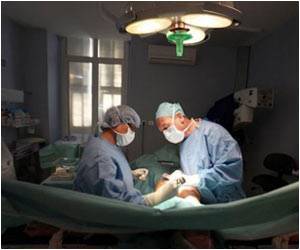Abdominoplasty (tummy tuck surgery) with or without concurrent liposuction, in obese patients is a safe and effective procedure with similar perioperative complication rates as the non-obese patient population.

‘Abdominoplasty is the fifth most common cosmetic procedures in the United States, with nearly 130,000 procedures performed in 2017, according to ASPS statistics. Although widely performed, abdominoplasty carries the highest complication rate of all cosmetic procedures.’





Good Outcomes and Safety of Abdominoplasty in Patients with Obesity The study included 82 patients who underwent abdominoplasty - a popular cosmetic surgery procedure to improve the appearance of the abdomen - over a seven-year period. Twenty-one patients were classified as obese, based on an average body mass index (BMI) of 35 kilograms per square meter (kg/m2). The remaining 62 patients were classified as non-obese, average BMI 25 kg/m2.
Complication rates were compared between groups, with an average follow-up time of close to one year. Obese patients were more likely to have high blood pressure; otherwise, risk factors were similar between groups. All procedures were performed by Dr. Glickman, following the same technique. For most patients in both groups, tummy tuck surgery was combined with liposuction.
As in previous studies of abdominoplasty, there was a significant risk of complications. However, all complication rates were similar between groups. Obese patients had a higher rate of fluid collections under the skin (seromas) requiring drainage: 22.5 versus 14.2 percent. However, the difference between groups was not statistically significant.
Rates of other complications were also similar between groups, including infections, wound-healing problems (dehiscence), and blood collections under the skin (hematomas). No patient in either group developed problems with blood clots (venous thromboembolism), a more serious type of complication.
Advertisement
The findings help to clarify the "risks and rewards" of abdominoplasty in non-bariatric surgery patients with a BMI in the obese range. "Our study results suggest that patients with a BMI greater than 30 in and of itself should not be viewed as a strict contraindication to abdominoplasty," Dr. Glickman and coauthors conclude. They cite a previous study suggesting that decisions about tummy-tuck surgery should consider the individual patient's risk factors, and not be based on BMI alone.
Advertisement
Source-Eurekalert










